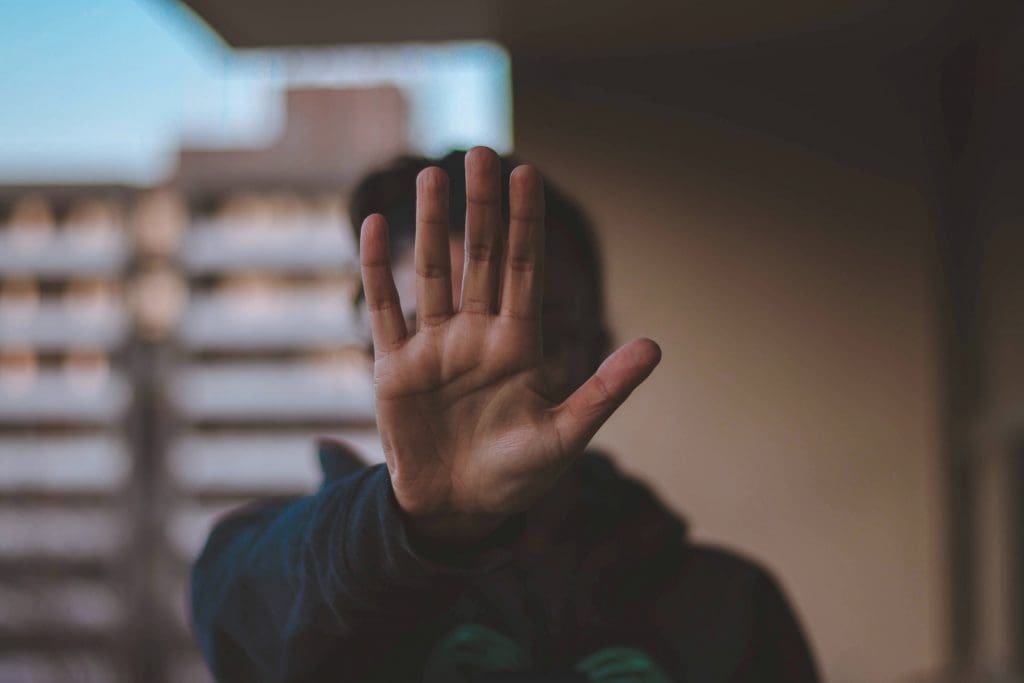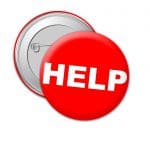
Easy Recipes to Increase Serotonin
October 2, 2020 in LINKS
 I don’t know about you guys, but I am in constant need of some serotonin. If you don’t know what serotonin is, it is the chemical in your body that helps regulate mood, social behavior, appetite, sleep, memory, and sexual desire. Depression can be the result of having an imbalance and a lack of serotonin in your body. Obviously, increasing serotonin levels is just one part of coping with depression, a practice that requires a variety of different techniques (all of which are different for everyone) but I thought sharing some quick (college-kid-feasible) recipes would be a fun easy method that many could incorporate into their lives to be healthier both physically and mentally.
I don’t know about you guys, but I am in constant need of some serotonin. If you don’t know what serotonin is, it is the chemical in your body that helps regulate mood, social behavior, appetite, sleep, memory, and sexual desire. Depression can be the result of having an imbalance and a lack of serotonin in your body. Obviously, increasing serotonin levels is just one part of coping with depression, a practice that requires a variety of different techniques (all of which are different for everyone) but I thought sharing some quick (college-kid-feasible) recipes would be a fun easy method that many could incorporate into their lives to be healthier both physically and mentally.
Recipe #1: Serotonin Smoothie
- This smoothie includes raspberries, banana, blueberries, chia seeds and hemp seeds.
- The detailed recipe (with correct proportions and all) can be found here
- I love how easy this is to make, I feel like efficiency is really the most important thing for me to be motivated to make food.
Recipe #2: Hearty Salad
- This salad can easily be made by combining your own preferred proportions of spinach, avocado, tomatoes, turkey and a dressing of your choice
- More info here
Recipe #3: Oatmeal with some add-ins
- You can make oatmeal normally and then throw in some dark chocolate chips, nuts, raisins, peanut butter and/or bananas!
- I personally love making overnight oats with peanut butter and dark chocolate. Also highly recommend adding these to your oatmeal.
- I keep frozen fruit blends in my freezer for these recipes. These are great because they are usually cheaper than fresh fruits and contain a lot in one bag.
Recipe #4: Some other notable options
- a) Salmon with brown rice
- b) crackers and fruit like plums or pineapples
- c) Pretzel sticks with peanut butter and milk (ooo yes I love this one)
- For more info, go to: https://www.healthline.com/health/how-to-increase-serotonin
What foods do you gravitate towards to improve your mood? Do you have any recipes or favorite foods that you want to share?



















Recent Comments